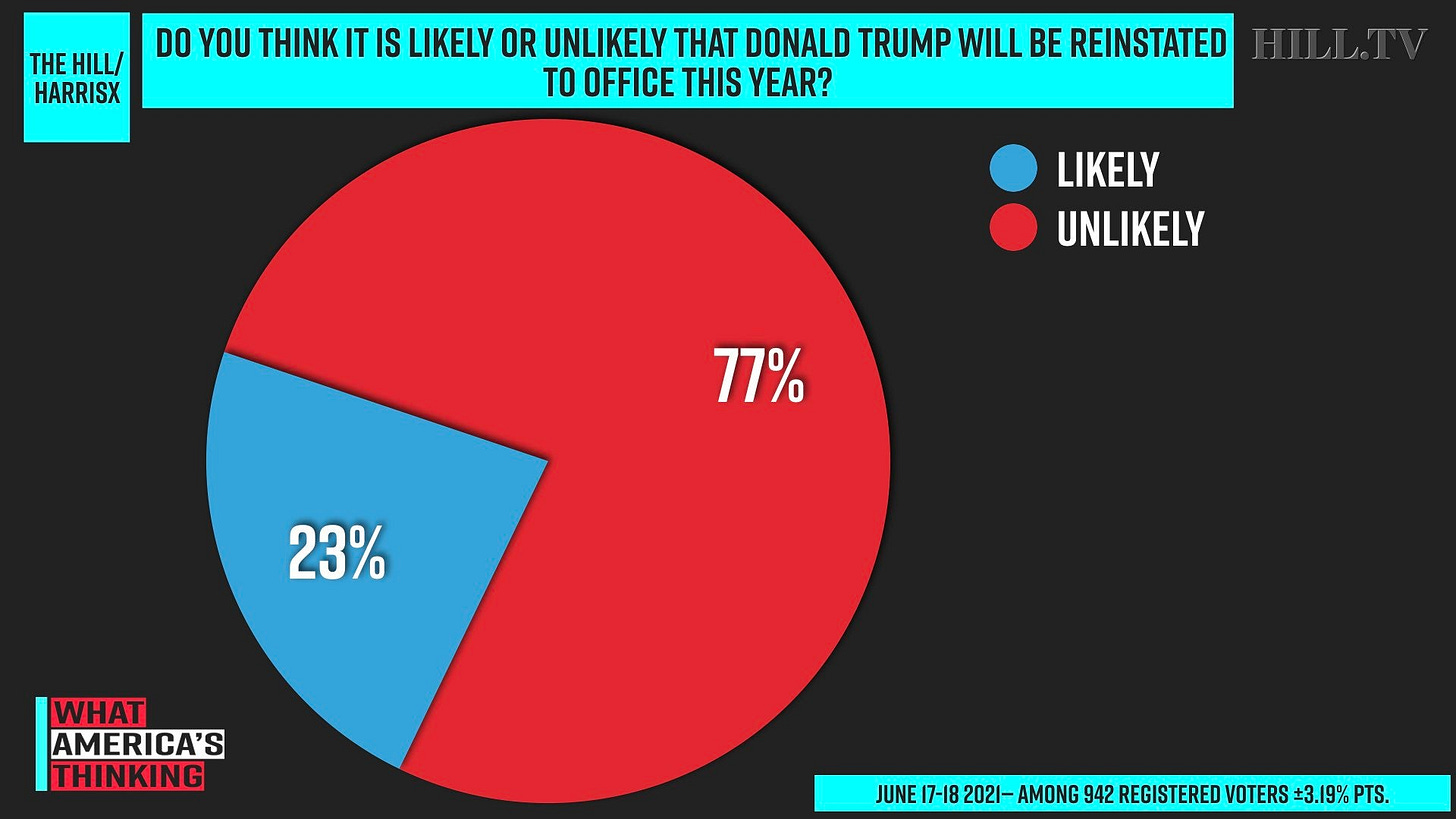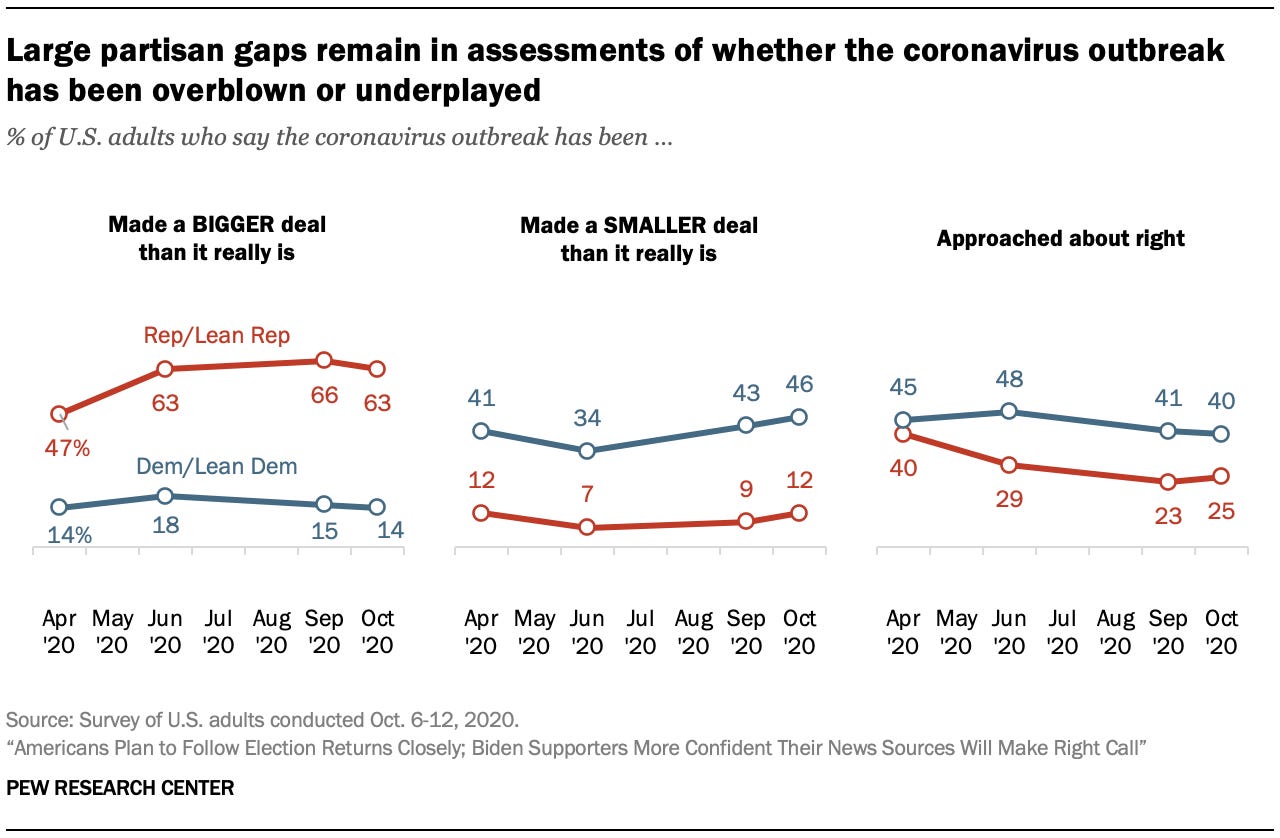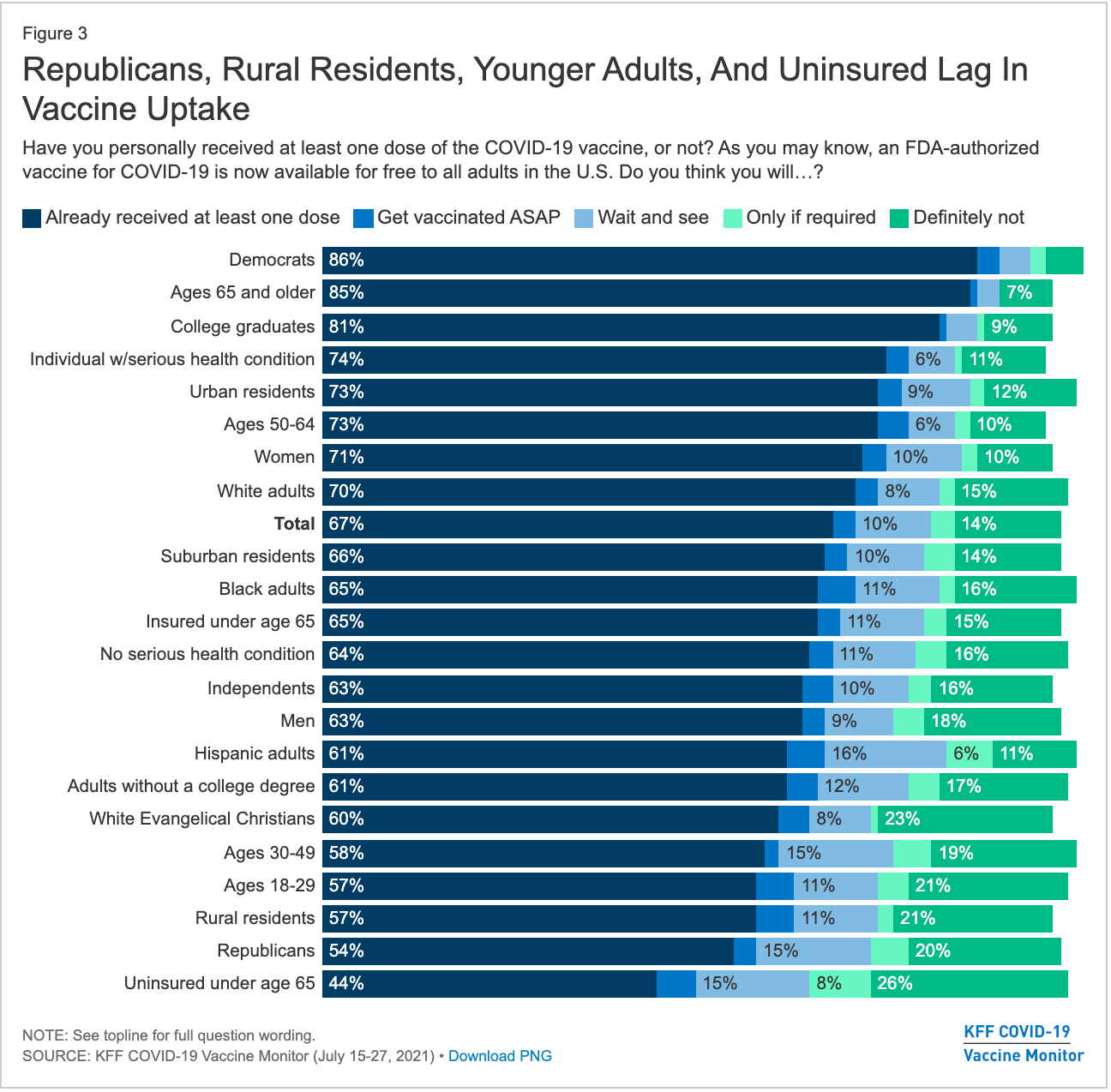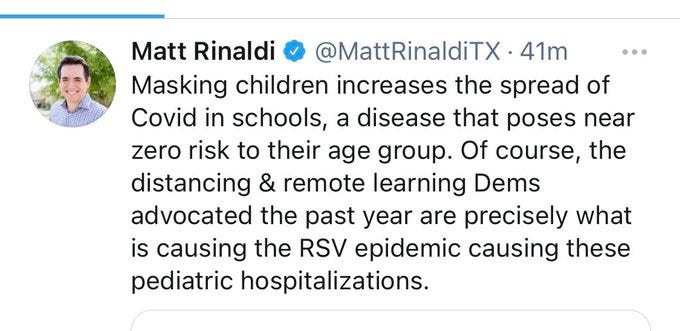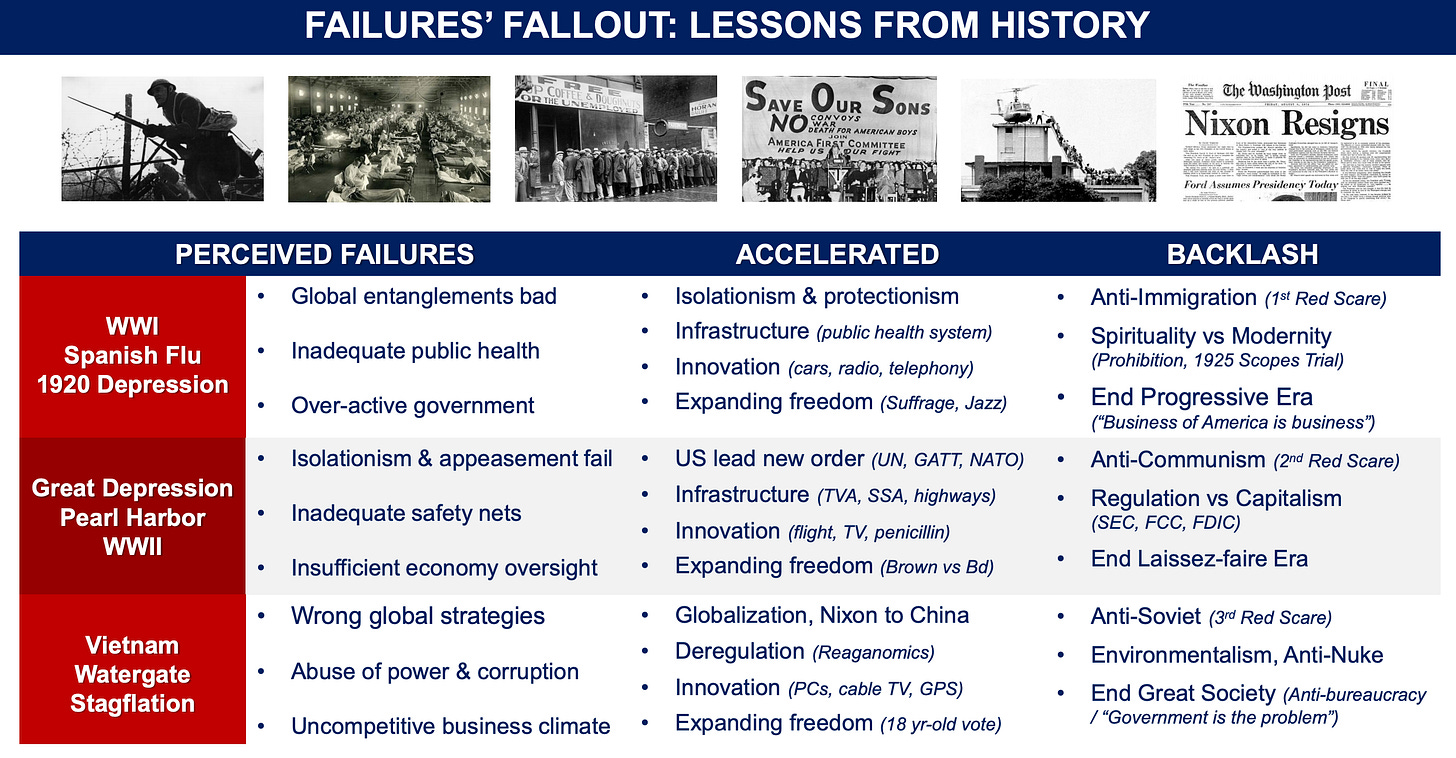Us
Just because you can't fix stupid doesn't mean it ain't broke
Welcome to The Experiment, where we think a two-party system would be nice to have again, and Jack Hughes contemplates Kanye 2024.
As always, we offer recommendations on what to do (charging phones with donkeys), read (Austin Kleon changes my views on seeing), watch (Jospeh Gordon-Levitt’s Mr. Corman), and listen to (“Vroom Vroom” by Jenny Lewis & Serengeti).
But first, did I ever tell you about the time I almost got hired by Texas Monthly?
Let me give you a little backstory: After the 2010 elections, Evan Smith, the empresario of Texas media and Austin’s answer to David Frost, asked me to fill in on a post-election panel with Matthew Dowd and Mark McKinnon. A Democrat of their caliber dropped out, and Evan, who liked me because I yelled at him once, thought I might be able to hold my own against those two. I didn’t belong on stage with men of their accomplishment, and I’m sure if you had Googled “imposter syndrome” at the time you would have been able to watch a livestream of the event, but I generally held my own. I remember saying that the Republicans’ idea of bipartisanship is letting us grab our own ankles, a line that did not go over well in front of the audience of real estate developers, but Matthew thought enough of my performance that he later told Evan that I should be a pundit, which led to a lunch that set my life on a different course.
At the time, I was about to turn 40 and was mostly concerned with keeping my political consulting firm afloat. There are fewer political consultants in the United States than there are major league baseball players, and as an opposition researcher who worked in second-tier congressional races, I was the equivalent of a journeyman banjo-hitting utility infielder. Just getting invited to lunch with Evan Smith at Austin Java was a career achievement, but Evan came with an agenda: I should be a pundit, which meant I should start writing. He listed off several things I needed to do, including doing political commentary on television, writing a column, and doing a quickie book on Rick Perry, whom he and I agreed would be the Republican nominee against Barack Obama in 2012.
For some reason, I reacted like Forrest Gump when his drill sargeant gave him an order. I just said, “OK,” and did it. And other than Perry’s presidential electoral disfunction, all of those things happened. I did TV. I wrote a nationally syndicated column and one for the local paper as well. And I co-wrote a book about Perry that did even worse than his campaign.
But I got it into my head that I could write, less that I had the ability to write but that I could make a pastime of it if not a vocation. Perhaps, I thought, there might be a place in the whole ecosystem for a liberal with an insider’s understanding of how politics really worked. Jake Silverstein, then the editor at Texas Monthly, gave me a shot in 2013 when Rick Perry said he wasn’t running for re-election. Brian Sweany edited that piece and then another one before he took over as editor-in-chief in July 2014.
Brian wanted to pair me with a conservative counterpart to do an ongoing left-right commentary series on their website. There was just one problem: He couldn’t find a conservative political writer worth a crap. There were plenty of conservatives, of course, but they were either awful or ethically compromised, such as the otherwise brilliant writer and commentator who’d been caught lying about being on the payroll of a foreign government.
Even that, though, wasn’t the worst thing. No Texas Republican writers, he found, could tell a truth that was not to their political advantage. Democrats will run their own party down all day long. For a Republican to tell a politically inconvenient truth, however, is an act of disloyalty. My path diverged again, taking me away from writing and into public service before figuring out a way I could do both, and though I still got the occasional byline for “the Monthly,” as it’s referred to at the cool kids’ table, I never did get the regular gig there. “The voice on the right continues to be the trouble,” wrote Brian.
That strain of conservatism had been surging in Texas long before Donald Trump descended the golden escalator, taking the Republican Party on a ride it shows no inclination to stop. And now Brian’s problem about finding a Texas Republican writer who could reliably and independently tell the truth has metastasized into a large chunk of Americans—largely older, mostly white, overwhelmingly Republican—who hold certain truths to be self-evident threats. Among these are that COVID-19 is dangerous, that masks prevent infections of airborne viruses such as COVID-19, and that Trump really won and would be reinstated on Friday, August 13.
Yes, really.
And yes, Captain Pedantry, hashtag not all Republicans, but a whole lot of them. In a May 2021 Ipsos poll, 56% of Republicans agreed that Joe Biden’s election was “the result of illegal voting or election rigging.” Only a quarter of Republicans viewed the election result as “legitimate and accurate,” which mades the GOP fertile ground for the fantasy that Trump would be reinstated as president this weekend. I had to go back and make sure I was reading this right: 30% of Republicans thought it likely that Trump would be returned to office this year.
This creates a tough situation for Republican politicians with enough cognitive capacity to rub two neurons together and create a spark. I’m not referring to the walking examples of the Dunning-Krueger effect whose confidence rises in inverse proportion to their intellectual powers but those opportunists who know they can’t sell around-the-world cruises to a flat-earth electorate.
Witness Dan Crenshaw, who recently got heckled at a fundraiser for having the temerity to question The Big Lie and say out loud the objective truth that Trump lost the 2020 election, for which Crenshaw, a former Navy SEAL who lost an eye in Afghanistan, was called a “traitor.”
We have more than bad manners to fear from this virulent strain of know-nothingism. Belief in The Big Lie that votes were cast fraudulently requires a legislative response, which is why so many Republican-controlled legislatures rung up voter suppression bills in the election integrity check-out lane.
The embrace of the emperor’s altogether has deadly consequences when it comes to COVID. Because the pandemic hit when a narcissist occupied the White House and took everything as a reflection of him, minimizing the plague became Republican dogma, and believing that liberals and the media were making too big a fuss over it became a plank on that ship of fools. As late as October 2020—when, it should be noted, Trump had to be rushed to Walter Reed with a touch of the plague—63% of Republicans thought the whole thing was overblown.
Now, amid yet another surge, belief that COVID has been exaggerated strongly correlates to an unwillingness if not an outright opposition to get vaccinated, which is how you end up with 27% of Republicans saying they won’t get vaccinated under any circumstances and another 9% who will but only if forced to. The two groups with highest levels of vaccine refusal are uninsured people under 65 and white evangelical Christians. Jesus wept.
Once again, this puts Republican politicians in the tough spot between a rock and beating their heads against that rock. Because he’s running for re-election, Texas Gov. Greg Abbott has decreed that no school district can mandate masks or require COVID vaccinations because doing so goes against Republican dogma. so recently, as Texas runs out of pediatric ICU beds, school districts are going ahead and mandating masks anyway. Most parents seem absolutely thrilled about this with the noted exception of Matt Rinaldi, who recently tweeted that wearing masks “increases the spread of Covid in schools.” Rinaldi is the chairman of the Republican Party of Texas.
In his latest Power Point presentation, lobbyist Bruce Mehlman points out that we’ve been here before. Specifically, this isn’t the first time we’ve botched things this badly. Each geopolitical meltdown was followed by accelerations in isolationism, infrastructure, innovation, and freedoms as well as simultaneous backlashes against all that as well. If things feel like they are all going to hell, speeding up, and crashing back on us all at once, then we know how our grandparents felt, why Black Lives Matter and the Critical Race Theory Backlash all seem to be happening at once, and how hippies ended up voting for Ronald Reagan.
It would be nice, especially now as we are living through an intense part of history, to have two parties interested in governing. I used to think of this as a binary problem, that Democrats could defeat Republicans and then govern while the Republicans carped on the sidelines in increasing irrelevance. And to a certain extent, that is happening, but as we see now with vaccine refusal, people don’t isolate themselves from reality as much as they infect it. And like Texas Monthly’s inability to find a Republican counterpoint for me, their abdication of reality denies us freedoms as well. I didn’t get a regular gig with Texas Monthly in 2014 because of it, now I have to wear a mask because of it, and soon I might not get to vote.
This is not an us-versus-them problem. This is an us problem. We’re all in this together, and us being right about them being wrong has led us here. I don’t know how to solve this problem, but if I have to life with the consequences, you better be damn sure I will be looking for a solution.
Más
How we’re getting through this
Hiring an interpreter
Cleaning the ocean deliciously
Charging phones with donkeys
Still thinking about this exhibition
Seeing if Twitter accounts are bots
Forgetting the Alamo on Morning Edition
Learning the eight S’s for effective writing
What I’m reading
Austin Kleon: “Surprise is an enabler of seeing” - Had this all backwards.
When we think of seeing, we imagine the eyes sending a bunch of data to the brain and then the brain interpreting all that data.
“It turns out, however, that the brain doesn’t not work like that at all,” Carlo Rovelli writes in Helgoland. “It functions, in fact, in an opposite way. Many, if not most, of the signals do not travel from the eyes to the brain; they go the other way, from the brain to the eyes.”
Kelsey Piper: “Can we save the planet by shrinking the economy?”- No.
It’s a bold, even romantic vision. But there are two problems with it: It doesn’t add up — and it would be nearly impossible to implement.
What I’m watching
Joseph Gordon-Levitt is not getting great reviews for his Apple TV+ show Mr. Corman, but he cast Debra Winger (who is quietly enjoying a career resurgence), wrote and directed the marvelous Don Jon, and was charmingly brilliant in his interview with Marc Maron, so I’m strapped in for the entire ride. So far, it’s a tense depiction of anxiety.
Also, my friend Bryan Burrough did a great job forgetting the Alamo on ABC News.
What I’m listening to
Walker Lukens produced “Grand Soiree,” CoCo Zandi’s new single.
I’m not sure I like this song. I think I might?
I am sure I like this sweet, propulsive bop from Dirty Projectors.
What do you think of today's email? I'd love to hear your thoughts, questions and feedback. I might even put ‘em in the newsletter if I don’t steal it outright.
Enjoying this newsletter? Forward to a friend! They can sign up here. Unless of course you were forwarded this email, in which case you should…
Thanks to Noom, I lost 40 pounds and have kept it off for more than a year. Click on the blue box to get 20% off. Seriously, this works.
We set up a merch table in the back where you can get T-shirts, coffee mugs, and even tote bags now. Show the world that you’re part of The Experiment.
We’ve also got a tip jar, and I promise to waste every cent you give me on having fun, because writing this newsletter for you is some
Buy the book Texas Lt. Gov. Dan Patrick banned from the Bullock Texas History Museum: Forget the Alamo: The Rise and Fall of the American Myth by Bryan Burrough, Chris Tomlinson, and myself is out from Penguin Random House.



